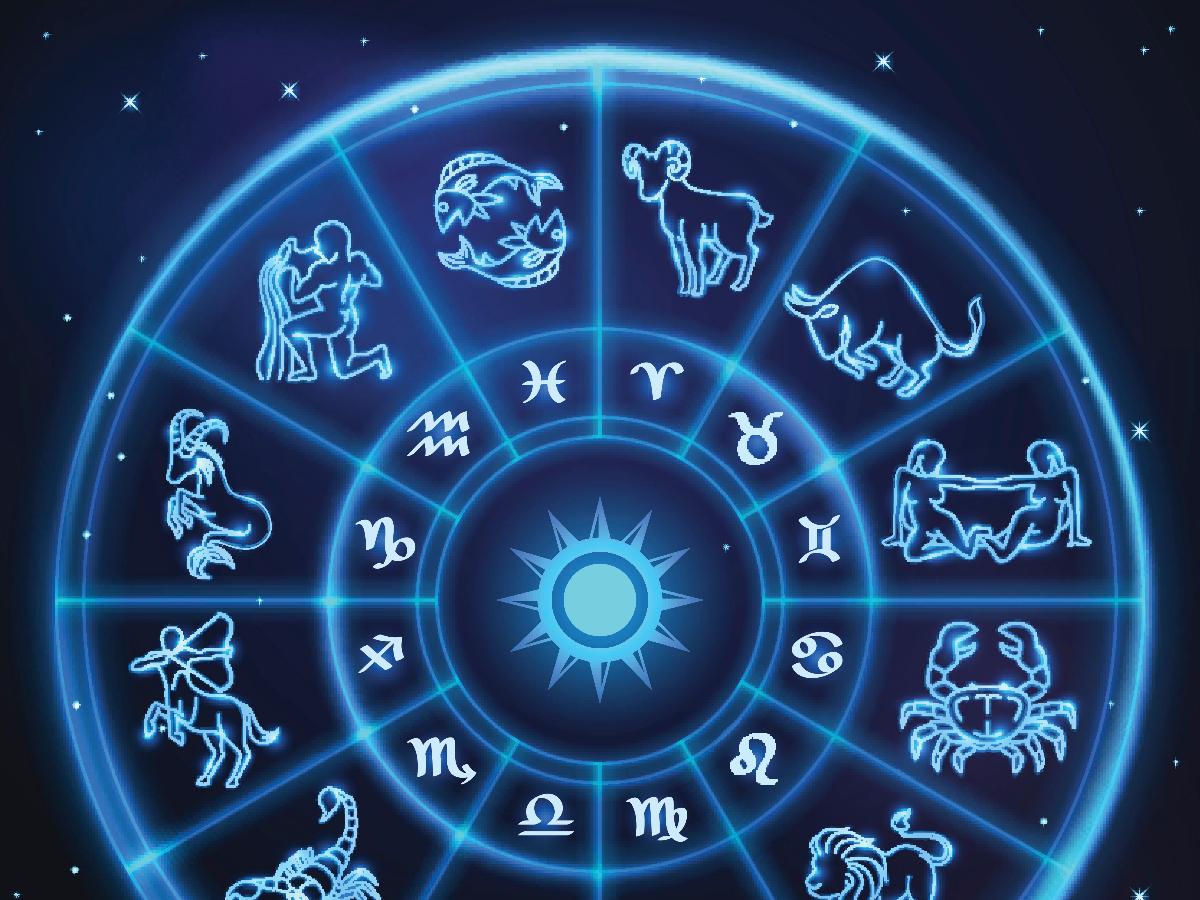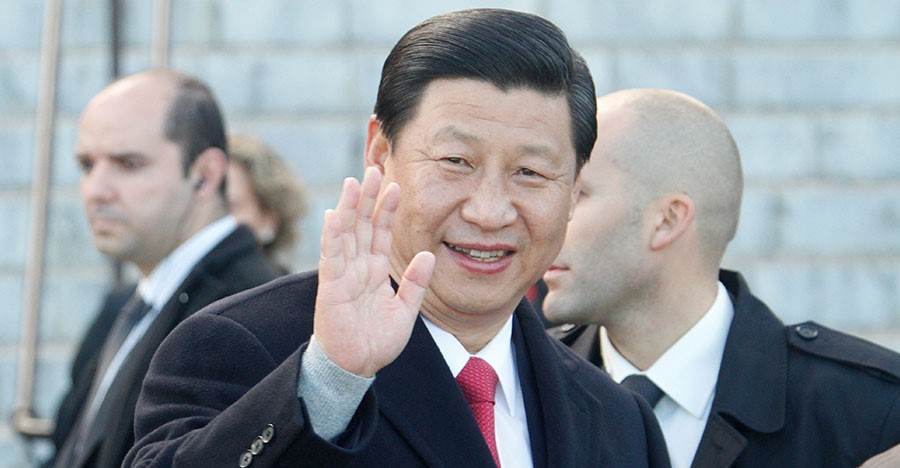US President Joe Biden on Wednesday announced a new, nuclear-vitalized Anglo alliance aimed at countering China in the Indo-Pacific region, roping in Australia to form what officials said was a “AUKUS” partnership. Consequently, the US and UK would help Australia to deploy nuclear-powered submarines, it was disclosed amid ripples across world capitals.
“This is about investing in our greatest source of strength, our alliances, and updating them to better meet the threats of today and tomorrow. It’s about connecting America’s existing allies and partners in new ways,” Biden said in remarks at the White House, flanked by TV screens showing UK Prime Minister Boris Johnson and Australia’s Scott Morrison joining him remotely.
The leaders clarified that the submarines would only be nuclear-powered, not nuclear-armed, ostensibly because Australia is a signatory to the Nuclear Nonproliferation Treaty (NPT) which bans it from acquiring or deploying nuclear weapons. Still, the announcement sent waves of unease across Canada, New Zealand, and Japan, which are US partners in other alliances, not to speak of dissent in Australia itself, where some leaders prefer not to antagonize Beijing.
Former Australian Prime Minister Paul Keating was among those critical of the nuclear subs deal, saying it represented a “dramatic loss of Australian sovereignty,” while ridiculing US power projection.
“If the US military with all its might could not beat a bunch of Taliban rebels with AK-47s rifles in pick-up trucks, what chance would it have in a full-blown war with China, not only the biggest state in the world but the occupant and commander of the biggest landmass in Asia,” Keating said in a statement.
There was also some heartburn in Ottawa, which felt cut out of what could have been a CAUKUS alliance, and anger in Paris, which felt betrayed at Australia ditching a $90bn deal with France for the supply of submarines.
“This brutal, unilateral, and unpredictable decision reminds me a lot of what Mr Trump used to do,” French Foreign Minister Jean-Yves Le Drian was quoted as telling a local radio station. “I am angry and bitter. This isn’t done between allies.”
There was also disquiet in New Zealand where its Prime Minister Jacinta Ardern admitted that she was not consulted by Biden or Morrison on the new pact, and said Australia’s new subs will be banned from entering New Zealand waters under the country’s long-standing “nuclear-free” policy.
Australia and New Zealand are locked in the 1951 ANZUS security pact, and the five Anglo partners also have what is called the Five Eyes alliance to share intelligence information.
The announcement of the new partnership came a week ahead of the first-ever in-person meeting on September 24 of leaders of the so-called Quad group in Washington, where Biden will host prime ministers of India, Japan, and Australia.
India already has a home-built nuclear-powered submarine INS Arihant (with at least two more under construction), its drive towards indigenisation helped by Russia, which leased the nuclear-powered INS Chakra to New Delhi nearly a decade ago. It is the only country outside of the P-5 (US, UK, France, Russia, China) to possess a nuclear-powered submarine.
China expectedly threw a fit over Australia’s nuclearisation, saying the trio was “severely damaging regional peace and stability, intensifying an arms race, and damaging international nuclear non-proliferation efforts.”

Surjitt Sahani











